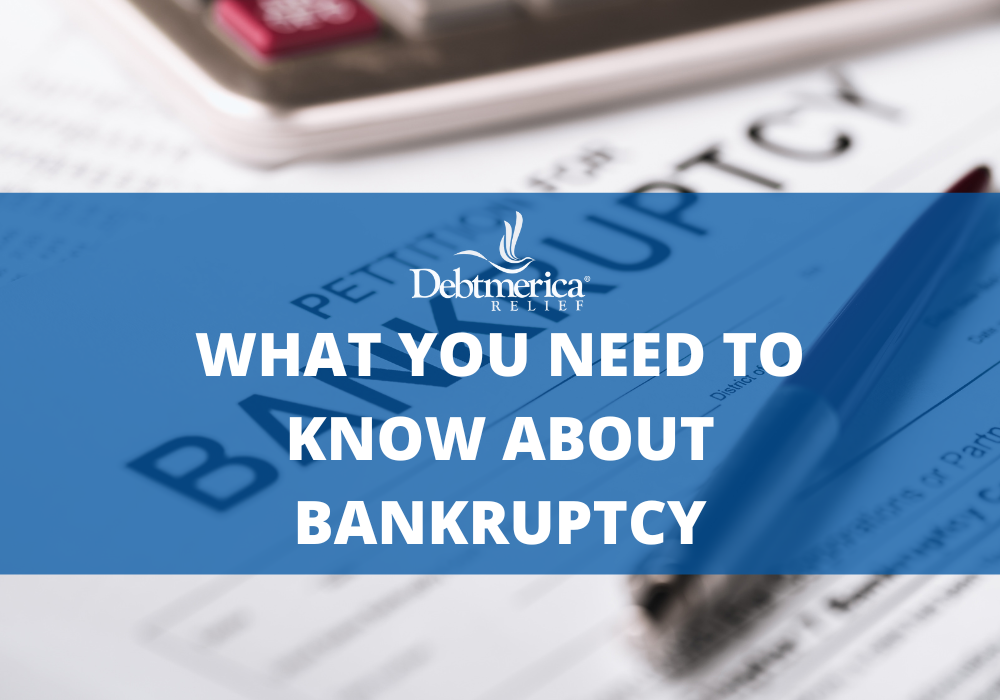How a Credit Score is Calculated

Your credit score can impact your entire financial future. It can determine where you live and what you drive. It can control your access to things like banking accounts, credit cards, loans, insurance, and sometimes even jobs. Having a decent credit score is a necessity in the U.S. but how is credit score calculated? What specific actions need to be taken to improve a credit score? Here’s a brief overview of how a credit score is calculated.
What Is a Credit Score?
A credit score is essentially a picture of your credit behavior based on your credit history and reports. There are several credit bureaus that use different scoring methods, but generally your score is between 300 and 850. Typically, the credit score ranges are:
- 300-579: Poor credit score
- 580-669: Fair credit score
- 670-739: Good credit score
- 740-799: Very good credit score
- 800-850: Excellent credit score
A lower score can result in unfavorable loan terms or ineligibility for a loan altogether, while a higher score demonstrates an ability to pay back a loan on time.
What Factors Impact My Credit Score?
There are five key factors that affect your credit score: payment history, account balances, length of credit history, types of credit, and new credit accounts.
Payment History
Your payment history has the most weight on your credit score, representing 35% of your score. When credit bureaus look at your payment history, they take note of your payments to credit cards, lines of credit, auto loans, and more. They will also look at how many past due payments you have, as well as if you have any delinquencies, like bankruptcies, collections, and liens.
Account Balances
How much of your credit is being used also has a high impact on your credit score. In fact, it makes up 30% of your score. If you have high balances on your accounts to the point where you are nearly maxed out, your credit score is negatively impacted. Credit bureaus look at the percentage of debt you have on each line of credit, or your utilization rate. Most credit bureaus recommend that you do not use more than 30% of your credit line.
Length of Credit History
The length of your credit history makes up 15% of your credit score. This portion of your score paints a picture of how long you’ve had each line of credit on your report. Those who are just starting to build their credit are negatively impacted by this factor, while those who have established credit will benefit from it.
Types of Credit
It’s not all about how many credit lines you have, but also what types you have. This factor makes up 10% of your score and you will benefit from it if you have several types of credit, like auto loans, credit cards, mortgages, and so on. This factor helps creditors determine if you can manage a wide range of credit accounts.
New Credit Accounts
Finally, creditors want to see if you frequently open new accounts, making you a riskier borrower. This factor makes up the last 10% of your credit score and is determined by how many new inquiries you have on your credit report, even if you did not go through with the borrowing.
How Can I Improve My Credit Score?
To improve your score, the most effective thing you can do is to make your monthly payments in full and on time. One late payment can drop your score a few points, and sometimes much more. Keep in mind that according to credit bureaus, a late payment is one that is 30 days overdue, not one that is a couple days or even weeks late. You’ll also want to ensure that your credit utilization rate is at or below 30% at all times. If you’re well above 30% on a credit card, you might want to look into getting a balance transfer card to help offset the utilization rate. To help the length of your credit history, try to avoid closing credit accounts as doing so can affect the average age of your accounts. You don’t have to spend frequently, but charging a card every now and then can help keep the account active. Finally, once you have established your credit and you have a good handle on your debt, you can try to boost your score by opening a different type of credit account.
Debt Relief is an Option
We cannot stress the importance of a good credit score. While the unwritten rules state you should have a healthy amount of debt, you should ensure that you are able to repay the debt within a reasonable amount of time. Opening new accounts without being certain you can pay them off can result in unmanageable debt. A good rule of thumb is to first determine if you can pay off your debt within five years while still affording your other expenses. If this isn’t possible, the best option may be to work with a debt relief company. Debtmerica Relief has over 16 years of experience in providing relief to our clients whose financial burdens have become too much to handle. If you need help with debt, give us a call at 800-470-8155 for a free consultation.



